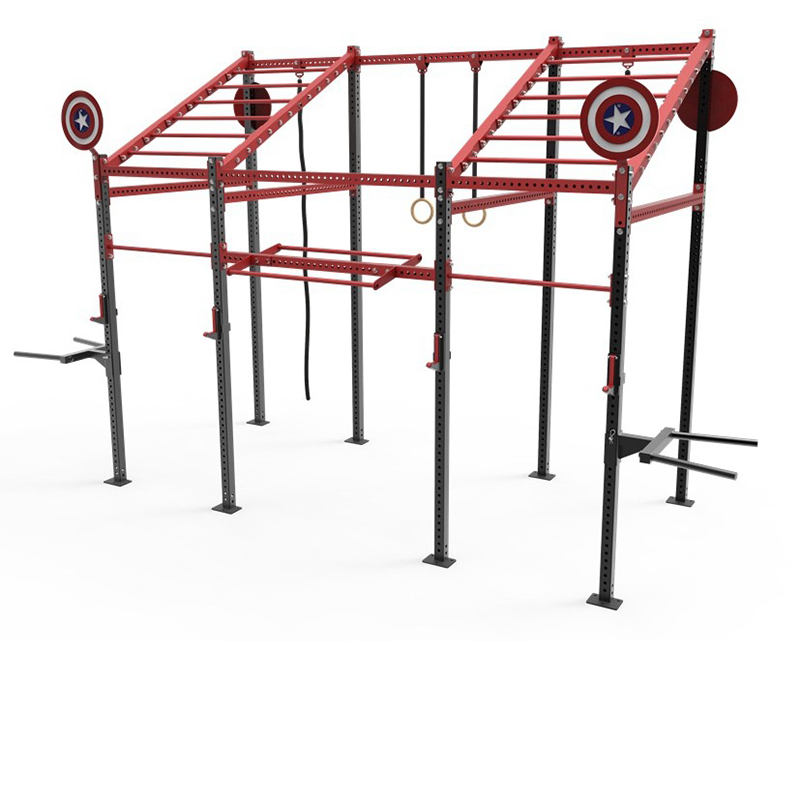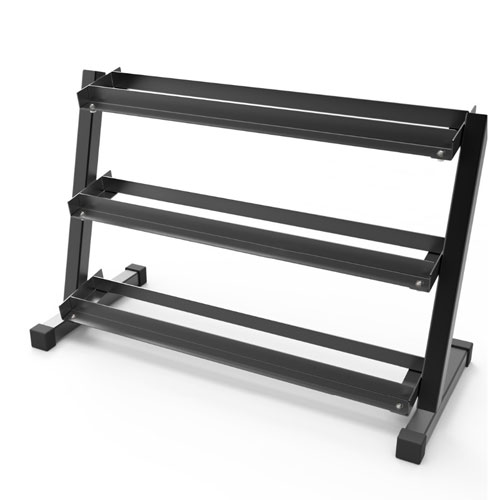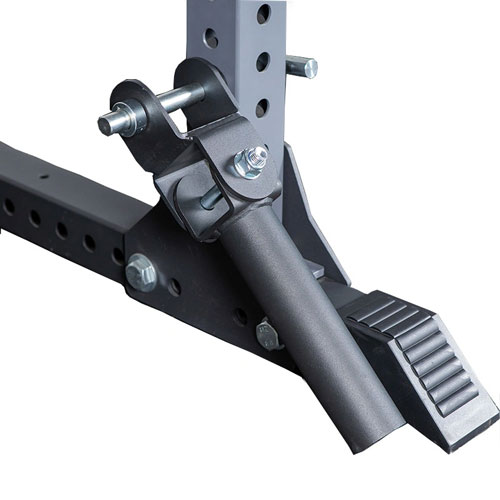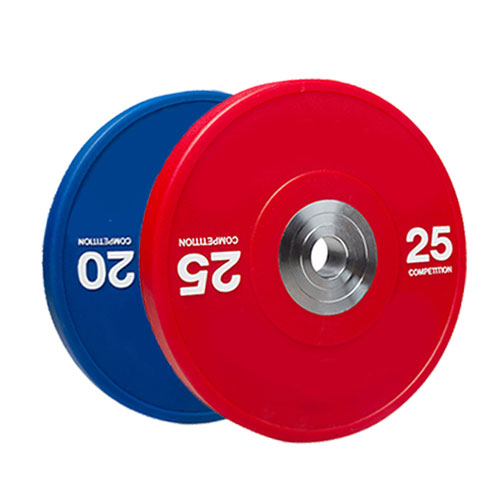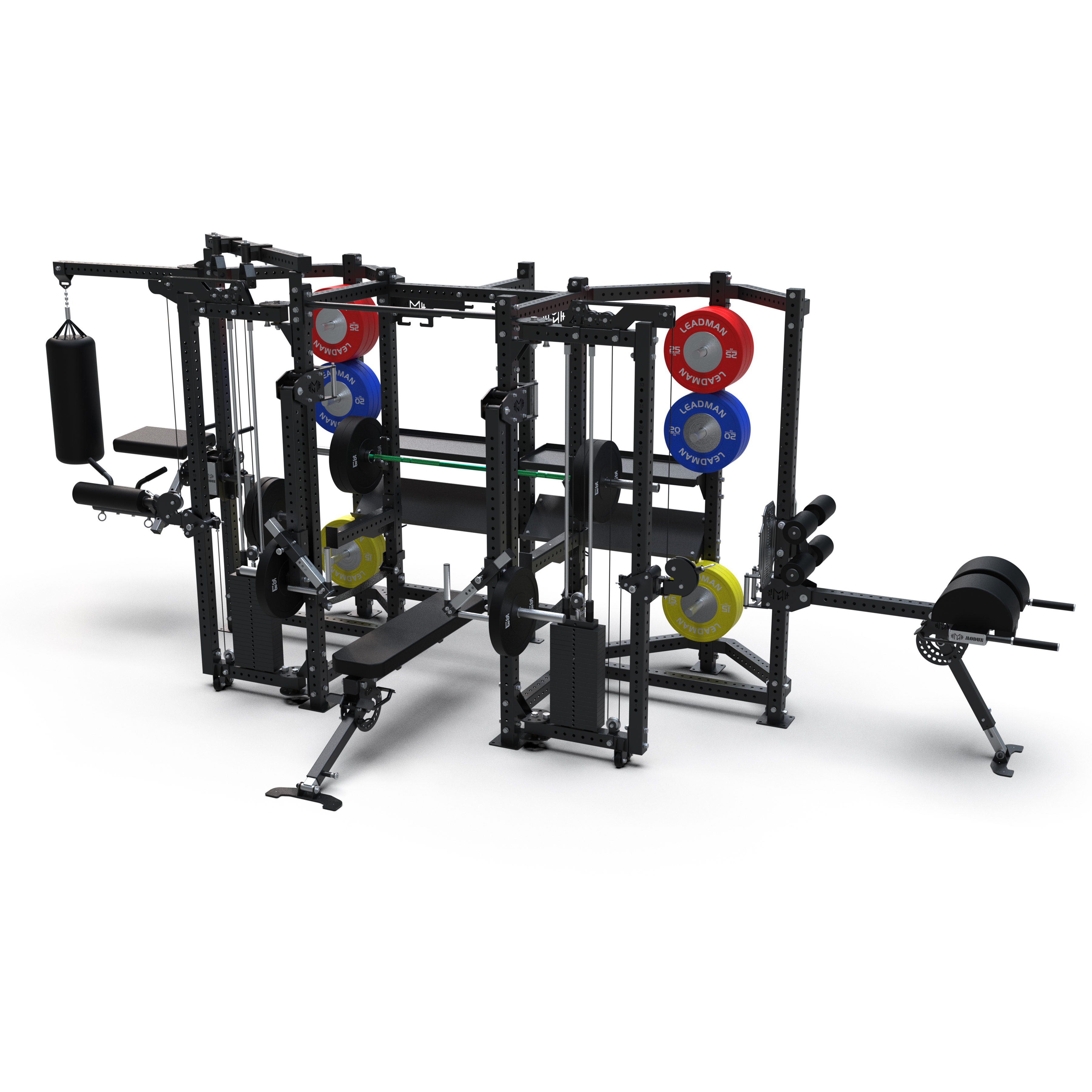Discover the Best Weight Wholesalers in the Market
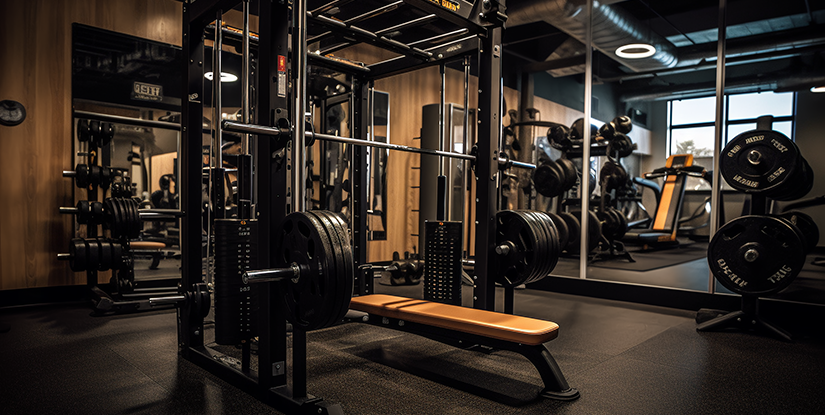
Introduction
In today's competitive wellness industry, finding reliable and cost-effective weight wholesalers is crucial. By partnering with the right suppliers, businesses can access high-quality products, optimize their supply chain, and maximize their revenue. This comprehensive guide will provide a roadmap for businesses seeking to identify and engage with the best weight wholesalers in the market.
Key Considerations for Selecting Weight Wholesalers
Choosing the right weight wholesalers requires careful consideration. Here are some key factors to evaluate:
- Product Quality and Safety: Ensure that the wholesaler meets industry standards and regulations. Look for certifications such as ISO, FDA, or CE.
- Product Portfolio: Assess the wholesaler's product range to align with your target market and niche. Consider weight scales, body composition monitors, fitness trackers, and other related products.
- Pricing Structure: Compare pricing from multiple wholesalers to ensure competitiveness. Consider factors such as bulk discounts, minimum order quantities, and payment terms.
- Customer Service and Support: Strong customer support is essential for resolving queries, handling returns, and building long-term relationships.
- Logistics and Delivery: Evaluate the wholesaler's shipping capabilities, lead times, tracking systems, and international reach.
- Trustworthiness and Reputation: Research the wholesaler's industry reputation, customer reviews, and ethical practices.
Market Research: Identifying Potential Suppliers
- Online Directories: Utilize B2B directories such as ThomasNet, Alibaba, and Global Sources to find a wide range of wholesalers.
- Industry Events: Attend trade shows and exhibitions to meet wholesalers, connect with industry professionals, and stay abreast of the latest offerings.
- Networking and Referrals: Seek recommendations from industry contacts, suppliers, and distributors.
- Online Forums and Communities: Explore online forums and communities specific to the weight management industry to gather insights and identify potential suppliers.
Evaluating Product Portfolio and Pricing Structures
- Product Variety: Consider the wholesaler's product assortment, including weight scales, body composition analyzers, and other value-added offerings.
- Product Specifications: Examine product details, such as capacity, accuracy, features, and compatibility with different devices.
- Pricing Analysis: Compare the wholesaler's pricing against industry benchmarks and the competition. Negotiate discounts for bulk orders, seasonal promotions, and long-term contracts.
- Value-Added Services: Explore additional services offered by the wholesaler, such as private labeling, product customization, and marketing support.
Quality Standards and Certifications
- Compliance: Ensure that the wholesaler adheres to industry standards and regulations, such as ISO 9001 for quality management and ISO 13485 for medical devices.
- Certifications: Look for wholesalers with certifications from independent bodies, such as the FDA, CE, or UL, to guarantee product safety and accuracy.
- Testing and Inspection: Evaluate the wholesaler's testing and inspection protocols to ensure product quality and reliability.
Logistics and Delivery Timeframes
- Shipping Options: Consider the wholesaler's shipping methods, including standard delivery, expedited shipping, and international freight.
- Lead Times: Assess the average lead times for order processing, production, and delivery.
- Tracking and Visibility: Look for wholesalers that provide real-time tracking information and visibility into the shipping process.
- International Capabilities: Evaluate the wholesaler's ability to ship products globally and handle customs clearance and export documentation.
Customer Service and Support
- Responsiveness: Measure the wholesaler's response time to inquiries and requests for support.
- Expertise: Assess the knowledge and expertise of the wholesaler's customer service team in providing accurate product information and resolving technical issues.
- Documentation and Resources: Evaluate the availability of product manuals, technical specifications, and other resources provided by the wholesaler.
- Returns and Exchanges: Understand the wholesaler's policies for product returns, exchanges, and warranty claims.
Exploring Niche Markets and Specialty Wholesalers
- Targeted Products: Identify specific niches in the weight management industry, such as bariatric scales, waterproof scales, or commercial-grade scales.
- Specialized Expertise: Look for wholesalers that specialize in a particular product category or industry segment, offering tailored solutions and exclusive products.
- Boutique Wholesalers: Explore small-scale wholesalers that cater to specific markets, providing unique and innovative weight management solutions.
Building Partnerships and Long-Term Relationships
- Communication and Transparency: Establish clear communication channels and maintain open dialogue with the wholesaler.
- Regular Feedback: Provide feedback on product quality, delivery, and support services to foster continuous improvement.
- Exclusivity and Loyalty: Negotiate exclusive distribution rights or loyalty programs to secure favorable terms and long-term partnerships.
- Joint Marketing and Promotions: Collaborate with the wholesaler on joint marketing initiatives, such as product demos, webinars, and influencer partnerships.
Negotiation Strategies for Optimal Pricing
- Research and Benchmarking: Conduct thorough market research to determine industry-standard pricing and negotiate competitive rates.
- Volume Discounts: Secure discounts for bulk orders and long-term contracts.
- Seasonal Promotions: Take advantage of seasonal discounts and special promotions offered by wholesalers.
- Value-Added Services: Consider the value of additional services, such as private labeling, customization, and marketing support, when negotiating pricing.
- Payment Terms: Explore flexible payment terms, such as extended credit or installment plans, to optimize cash flow.
Leadman Fitness: Your Trusted Partner in Fitness Equipment
Leadman Fitness is a leading manufacturer of high-quality fitness equipment, offering a wide range of products including dumbbells, barbells, weight plates, and more. With four specialized factories—Rubber-Made Products Factory, Barbell Factory, Casting Iron Factory, and Fitness Equipment Factory—Leadman Fitness ensures that every product meets the highest standards of quality and performance. This vertical integration allows us to offer premium fitness equipment at competitive prices, making it easier for you to achieve your fitness goals without breaking the bank.
Conclusion
Finding the best weight wholesalers in the market is a strategic process. By carefully considering key factors, conducting thorough market research, evaluating product portfolios, analyzing logistics and delivery timeframes, and prioritizing customer service, businesses can establish long-term partnerships with reliable and cost-effective suppliers. Leveraging the knowledge and strategies outlined in this guide, businesses can optimize their supply chains, maximize profitability, and deliver high-quality weight management solutions to their customers.
FAQ about Weight Wholesalers
1. What should I look for in a weight wholesaler?
When selecting a weight wholesaler, consider factors such as product quality, pricing, customer service, logistics, and reputation. Ensure they meet industry standards and offer a product range that aligns with your needs.
2. How can I find reliable weight wholesalers?
You can find reliable weight wholesalers through online directories, industry events, networking, and online forums. Research their reputation, certifications, and customer reviews to ensure they are trustworthy.
3. What are the benefits of partnering with Leadman Fitness?
Leadman Fitness offers high-quality fitness equipment at competitive prices, thanks to our four specialized factories. Our commitment to innovation and customer satisfaction makes us a trusted partner for gym owners and fitness enthusiasts.
4. How can I negotiate better pricing with wholesalers?
To negotiate better pricing, conduct market research, seek volume discounts, take advantage of seasonal promotions, and consider value-added services. Flexible payment terms can also help optimize cash flow.
5. What certifications should a weight wholesaler have?
Look for certifications such as ISO 9001 for quality management, ISO 13485 for medical devices, and FDA or CE marks for product safety and accuracy.

